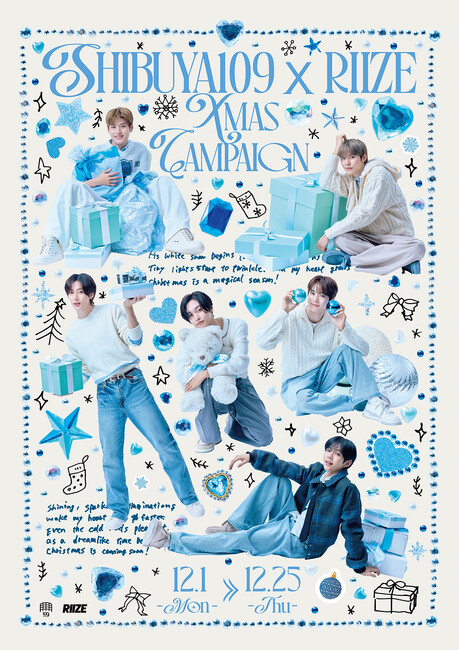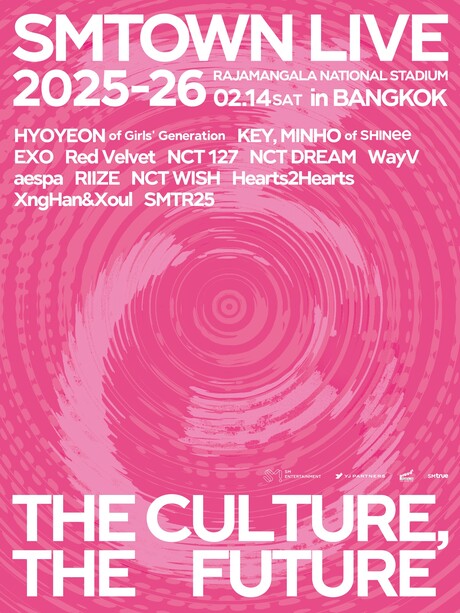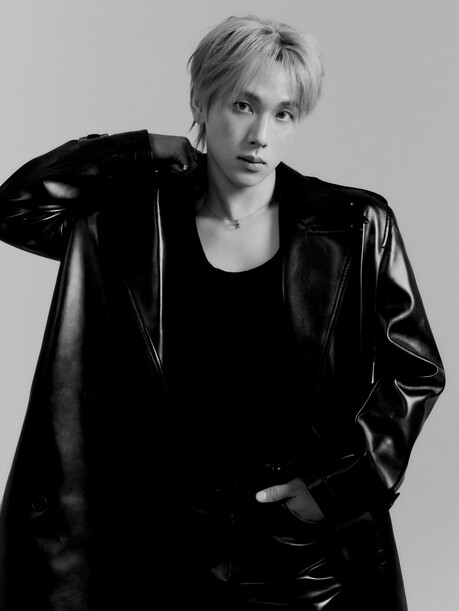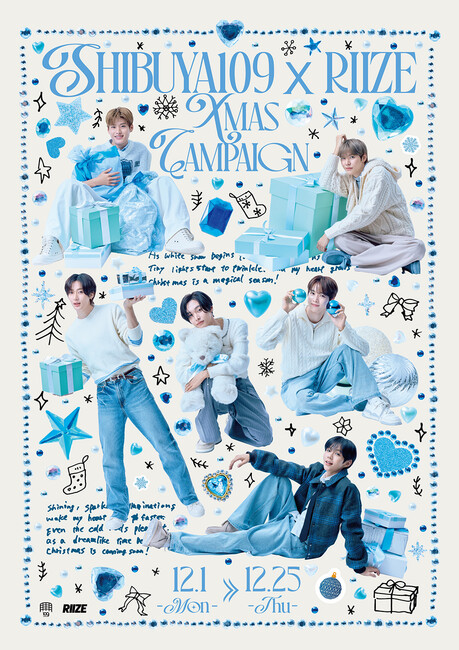Best-selling Korean author Jang Ryu-jin has expressed confidence that artificial intelligence, no matter how advanced it becomes, will never be capable of creating masterpieces comparable to "Parasite," the acclaimed 2019 Academy Award-winning film co-written by director Bong Joon-ho. The novelist shared her perspective during a book talk organized by The Korea Times in conjunction with the 56th Modern Korean Literature Translation Awards ceremony at Kyobo Building in central Seoul.
"I think AI can very quickly produce certain types of stories – like, make me a story like this or make me a story like that, especially ones that follow a certain formula or structure," Jang explained during the Tuesday event. She acknowledged that artificial intelligence excels at generating mass-produced content when given specific instructions, such as incorporating particular elements or following predetermined structures.
However, Jang drew a clear distinction between formulaic writing and true artistic creation. "But when it comes to stories that reach a certain level of depth or artistry, I don't think AI could ever create those," she stated. "For example, AI can write mass-produced kinds of stories, like when you tell it, 'Put in this element, add that, include this part and write it like this.' It can definitely do that. But I really don't think AI could ever make something like Bong Joon-ho's 'Parasite.'" Instead, she suggested that AI might serve as a useful tool for handling preliminary work, noting, "I actually think AI could be helpful in taking care of some of the tedious groundwork that comes before the real creative process."
Jang's optimistic view of AI contrasts sharply with the concerns expressed by many writers worldwide, who have voiced serious worries about artificial intelligence threatening their livelihoods and have even taken collective action to protect their profession. Her unique perspective stems from her professional background in technology. Before becoming a full-time writer, Jang worked at an IT company where she was involved with Clova, an AI application. "I got to see, at least a bit, what goes on behind the scenes – how it's built, how it works under the hood. Maybe that's why I think this way. But at the end of the day, it's still something made by people, right?" she explained.
The book talk also featured translator Sean Lin Halbert, who won The Korea Times' Modern Korean Literature Translation Awards in 2018 and translated Jang's debut novel "To the Moon" into English. Unlike Jang, Halbert expressed significant concerns about AI's impact on the translation field, particularly for emerging professionals. "I teach nonfiction translation at the Literature Translation Institute of Korea and AI is already much better at it than my [beginner-level] students," Halbert revealed. He noted that his students are aware of AI's superior capabilities and question the value of developing their skills when artificial intelligence can produce faster and often better results. "They know this and wonder why they should make an effort when AI can produce faster and often better results... AI is something translators should learn to avoid," he advised.
The discussion also touched on Jang's breakthrough novel "To the Moon," which follows three working-class women attempting to achieve wealth through cryptocurrency investments. The author revealed that she had always intended for all three protagonists to have happy endings from the story's conception. "In a society where desire is considered a sin, I wanted them to desire," Jang explained her motivation. "And I didn't want to punish them for having desires." This deliberate choice reflected her intention to challenge societal norms about ambition and material aspirations.
Since its publication in 2021, "To the Moon" has achieved remarkable success both domestically and internationally. The novel became a bestseller in Korea and has been translated into multiple languages, including German and Turkish, in addition to Halbert's English translation published earlier this year. Reflecting on her book's global reach and success, Jang described feeling "like a parent whose grown-up child is now thriving on their own," illustrating her pride in the novel's independent journey across different cultures and markets.
Halbert provided additional insight into his translation work, emphasizing that "To the Moon" encompasses themes far beyond its cryptocurrency plot. He wanted English-speaking readers to understand that the novel explores deeper concepts such as solidarity among women and workplace relationships. This perspective highlights the complexity and layered meaning that distinguishes literary works from the formulaic content that Jang believes AI can produce, reinforcing her argument about the irreplaceable nature of human creativity in crafting truly meaningful narratives.






























